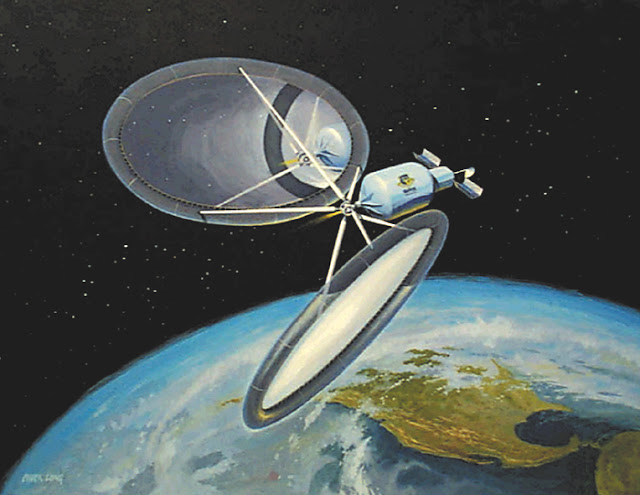A Brave New World
This world has a variety of differences from our own.
The first point of deviation is the Franco-Prussian War. Where it was an impactful affair for France and Germany in our timeline, here it spun out of control and sucked the Old World into a pan-European general melee known as the First Great War. Being that the war preceded the Maxim Gun, the results of the war served to enhance the thinking of the national leadership that would fight the Second Great War starting in 1914.
The second point of deviation here is that instead of a Prussian influence, Germany came under the Austrians' thanks to winning the conflict with Prussia in 1866, and eventually the two powers merged to reform the Holy Roman Empire, consisting of Germany, Austria-Hungary, and much of what we know as Poland and the Baltics.
The third point of deviation is that due to its increased size and cohesion, the HRE was able to stalemate the Entente in the West, long enough for Russia to collapse into revolution. This allowed them to get a favorable peace deal that prevented a general collapse and the rise of Nazism. Adolf Hitler died of a drug overdose in 1930.
The Third Great War was fought between 1941 and 1946 by the HRE-aligned Imperial League and the Alliance of Free Nations, chaired by America, following the invasion of France in 1941. The war eventually culminated in nuclear weapons being deployed in a limited general exchange by both sides, with only the United States escaping mostly unscathed due to sheer distance. Berlin, Frankfurt, London, Paris, Nagasaki and Moscow all received nuclear bombardment.
The tipping point for the Revolution may well have been the American invasion of Japan, coincident with the bombing of Nagasaki; the invasion was a brutal, bloody mess that resulted in most of the US Marine Corps dying in the first few days. The incredible casualties of the atomic exchange and the general industrialized conflict set the seeds for the Revolution, which occurred between 1946 and 1949, and still sees a general, low-level insurgency across the globe as people loyal to (and benefited by) the old ways cling on.
These days, however, the hatred of nation-states sending the young and the poor off to kill and die for the glorification of the old and the wealthy has caused the very idea of the nation-state to die. Borders have been erased in everything except for logistics planning, where they are used to group geographically-and-culturally close areas into units for the distribution of goods and materials.
The United States, for instance, is now split into the New England Autonomous Region, the Appalachian Free Association, the Southeastern Distributive Republic, a variety of Indigenous nations whose land has been returned to them (such as the Cherokee Nation and other First Nations cultures), and so forth, all the way to the West Coast which is split into the Southwestern Federated Republics and the Pacific Northwestern Republic.
The absence of borders does not mean, unfortunately, that inter-ethnic conflict is over, and reached a high point during the Revolution itself as many groups exploited the opportunity to attempt to purge old enemies. This has caused tensions that have since crystallized into new cultural (and occasionally physical) battle lines that are likely to become the primary fault lines of the new global order and the defining issue of the post-capitalist world. As a way to help ease these tensions and try to find some way to work past them and come together as one world, the new Interplanetary Exploration Cooperative was set up in an attempt to spread peace, goodwill, investment, and scientific advances without discrimination or regard to old lines in the sand.
Good luck, Director. The world will be watching.

